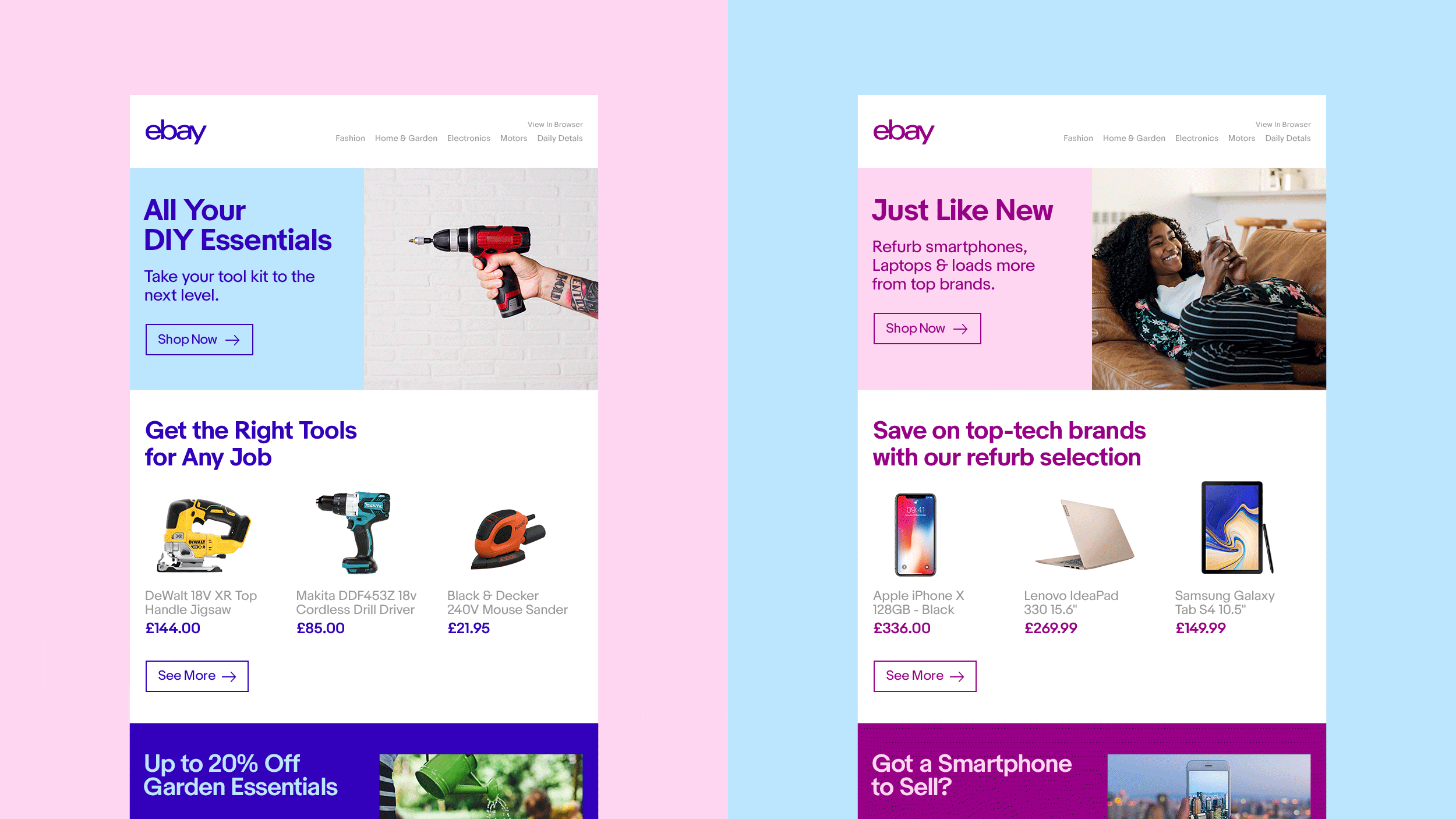
In the vast landscape of online business, entrepreneurs often find themselves at a crossroads, wondering which path to take. The digital realm offers numerous opportunities, but success lies in focusing your efforts on a specific niche.
This article will explore three broad categories for creating and starting an online business: selling to retail customers, utilizing eBay as a platform, and engaging in business-to-business (B2B) transactions.
1. Selling Products or Services to Retail Customers
Choosing to cater to retail customers involves finding a unique approach to stand out in a crowded market. The key is identifying a niche that is underserved by both you and your online competitors.
This could be a specific product line, a particular demographic, or a unique service offering.
Also Read: Exploring 100 Diverse Website Business Models
Once you’ve identified your niche, focus on creating an online store that not only showcases your products or services but also provides an exceptional user experience. Differentiate yourself by offering personalized customer service, high-quality products, or a unique selling proposition.
This approach requires strategic marketing to target your niche audience effectively.
2. Selling on eBay
For those considering eBay as their platform of choice, the key is to secure a reliable wholesale distributor. This allows you to purchase products at a significant discount, increasing your profit margins.

Auction-style selling on eBay offers a dynamic way to gauge customer demand. Bidders express a genuine interest in your products, and you can adjust your inventory based on these real-time market signals. This method is particularly advantageous for startups, as it eliminates the need to invest heavily in inventory upfront.
3. Business-to-Business (B2B) Selling
If your expertise lies in the B2B sector, identifying a niche market becomes crucial. Freelance work, such as writing, can be tailored to cater to a specific industry or sector, differentiating yourself from the competition. Understanding the needs of your target market and offering tailored solutions will set you apart.
Building relationships is paramount in B2B transactions. Networking within your chosen niche, attending industry events, and leveraging social media can help you connect with potential clients. Providing value through your services and establishing yourself as an industry expert will contribute to long-term success.
Conclusion
In the dynamic world of online business, success hinges on strategic decision-making. Whether you choose to sell to retail customers, leverage eBay, or engage in B2B transactions, honing in on a specific niche is the key to standing out in a crowded digital marketplace.
By understanding your strengths and aligning them with the needs of your chosen market, you can embark on a journey of creating and starting a successful online business.









This Post Has One Comment